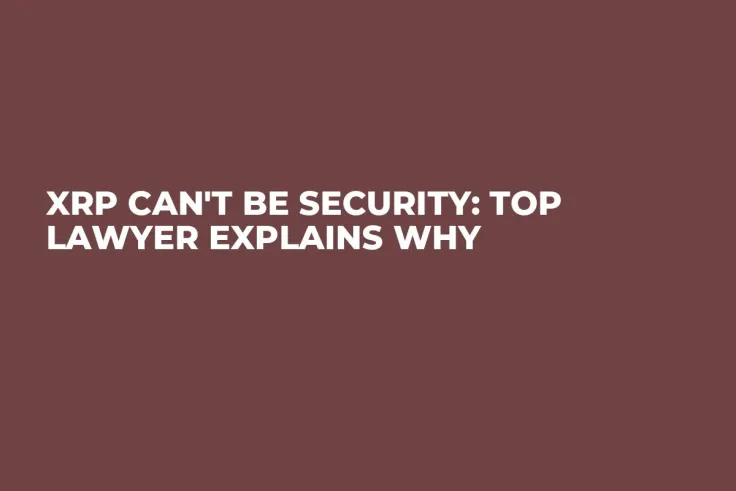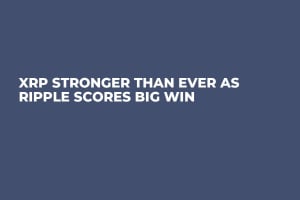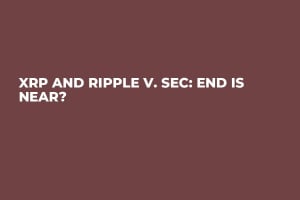XRP's classification as a security has long been a contentious issue, and prominent lawyer and digital assets enthusiast Bill Morgan recently provided more food for thought by sharing his opinion on the issue. Morgan asserted that XRP itself cannot be considered a security, based on the recent ruling by Judge Torres regarding the unsealing of William Hinman's email drafts.
Morgan's argument centered on the judge's recognition of Ripple's transition from institutional and programmatic sales of XRP to sales specifically to On-Demand Liquidity (ODL) customers, which she referred to as a "product." He pointed out that the judge's omission of the Howey test, a crucial factor in determining whether an investment contract qualifies as a security, was significant.
The lawyer further emphasized that neither the judge nor the SEC seemed troubled by the sales of XRP to ODL customers. He highlighted that the use of XRP in Ripple's ODL did not satisfy any part of the Howey test, thereby implying that XRP sales for ODL are not investment contracts and, consequently, XRP itself cannot be deemed a security.
Morgan's opinion comes after a heated debate in the XRP community that recently erupted. The center of the discussion was Ripple's holdings of XRP and what would happen if a court required the cryptocurrency company to get rid of them.
This latest development in the ongoing XRP saga has reinvigorated discussions about the cryptocurrency's regulatory status. While the debate continues, it remains to be seen how the courts and regulatory bodies will ultimately classify XRP.




 Dan Burgin
Dan Burgin Vladislav Sopov
Vladislav Sopov